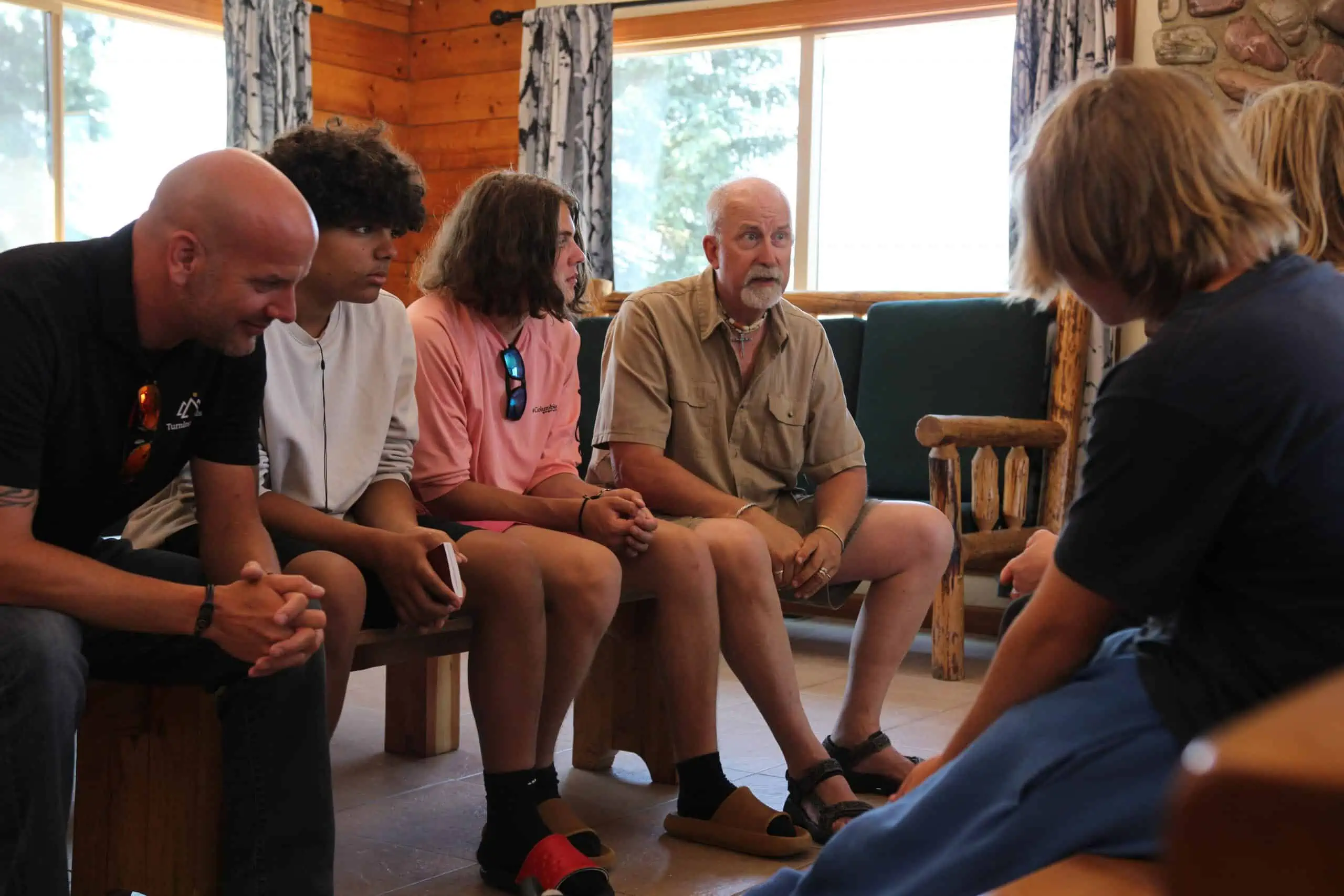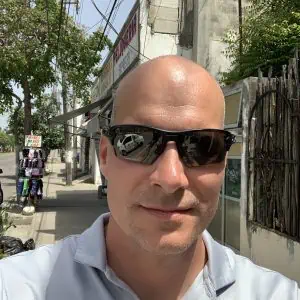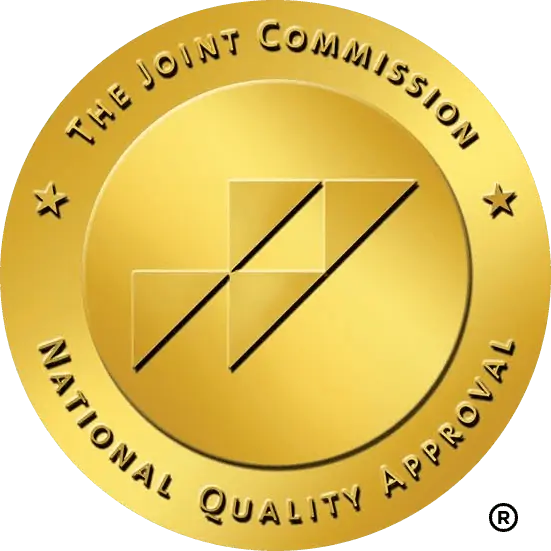“Gratitude really is good for you,” assured health and wellness reporter Christina Caron readers of The New York Times last year. “Giving, receiving and even witnessing gratitude can improve your well-being, especially during difficult times.”
Two decades ago, psychologist Robert A. Emmons explored the benefits of gratitude in a landmark scientific study. “Dr. Emmons’s findings—which suggested that gratitude may improve psychological well-being—inspired a spate of additional research,” Caron wrote. “To date, numerous studies have found that having a grateful outlook, ‘counting one’s blessings,’ and expressing gratitude to others can have positive effects on our emotional health as well as on interpersonal and romantic relationships.”
Gratitude & Teen Mental Health: The Scientific Evidence
Gratitude has been found to boost the immune system, reduce stress, anxiety and depression, and promote long-lasting happiness. It can help reduce chronic pain and improve sleep.
“Gratitude is the acknowledgment of goodness in one’s life,” wrote Robert Emmons in Thanks! How Practicing Gratitude Can Make You Happier. “In gratitude, we say yes to life. We affirm that all things taken together, life is good and has elements that make it worth living.”
In positive psychology research, gratitude is strongly and consistently associated with greater happiness,” affirmed the Harvard Healthbeat blog in 2021. “Gratitude helps people feel more positive emotions, relish good experiences, improve their health, deal with adversity, and build strong relationships.”
TURNING WINDS: Where Gratitude Meets Healing
Because of its enormous benefits, it is also an important element of the comprehensive teen treatment program at Turning Winds. There is particular emphasis on gratitude during the holidays.
“With the holiday season really starting after Halloween, we start talking about the value of gratitude,” says Turning Winds’ clinical director Jared Sartell, LCSW. “The principles of gratitude—feeling grateful and expressing gratitude—are really key to promoting positive mental health.” Thanksgiving Day was one of those ideal opportunities to focus on gratitude. Our therapists ran thankfulness groups and we specifically focused on the healing power of gratitude practices.
Actively expressing gratitude appears to be as important as feeling grateful. “Many studies have asked participants to write letters of thanks, or to list the positive things in their lives, and then measured the effects of those acts,” explained Caron in The Times article. “The results suggest that performing these types of activities provides mental health benefits—reducing symptoms of depression and anxiety, increasing self-esteem and improving satisfaction with daily life.”
GRATITUDE PRACTICES FOR TEENS: WHAT WORKS?
These principles apply across cultures and socio-economic systems. “The idea of being grateful and of service to others really works like a magic pill for mental health,” says Sartell. “Throughout the holiday season in particular, we infuse those gratitude principles into our individual and therapy and family sessions. Throughout the year, we give our students assignments such as nightly gratitude journals to ‘count their blessings,’ so to speak. And built into our program structure is the requirement for community service hours.”
Being of service to others is constantly emphasized in our program and twice a year, Turning Winds organizes international service trips for our teen clients. The therapeutic value of these journeys cannot possibly be overstated. “We continuously witness how the lives of our students change as a result of our service trips. We have seen teens who struggle to look outside themselves and think of others cry with tears of gratitude, appreciation, and love for their fellow human beings. It’s nothing short of amazing,” says chief operations officer Carl Baisden
TWO DECADES OF EXCELLENCE IN THERAPEUTIC PROGRAMS
For the past two decades, Turning Winds has built a team of some of the world’s finest academic and therapeutic professionals, who all share the same goal: to help teens re-engage meaningfully with their lives, families, and futures.
Our mission is to rescue teens from crisis, renew their belief in their potential, reunite them with their families, and put them on a sustainable path to success.
Contact us online for more information, or call us at 800-845-1380. If we miss your call, rest assured we will reconnect with you promptly to start planning your transformative experience.









